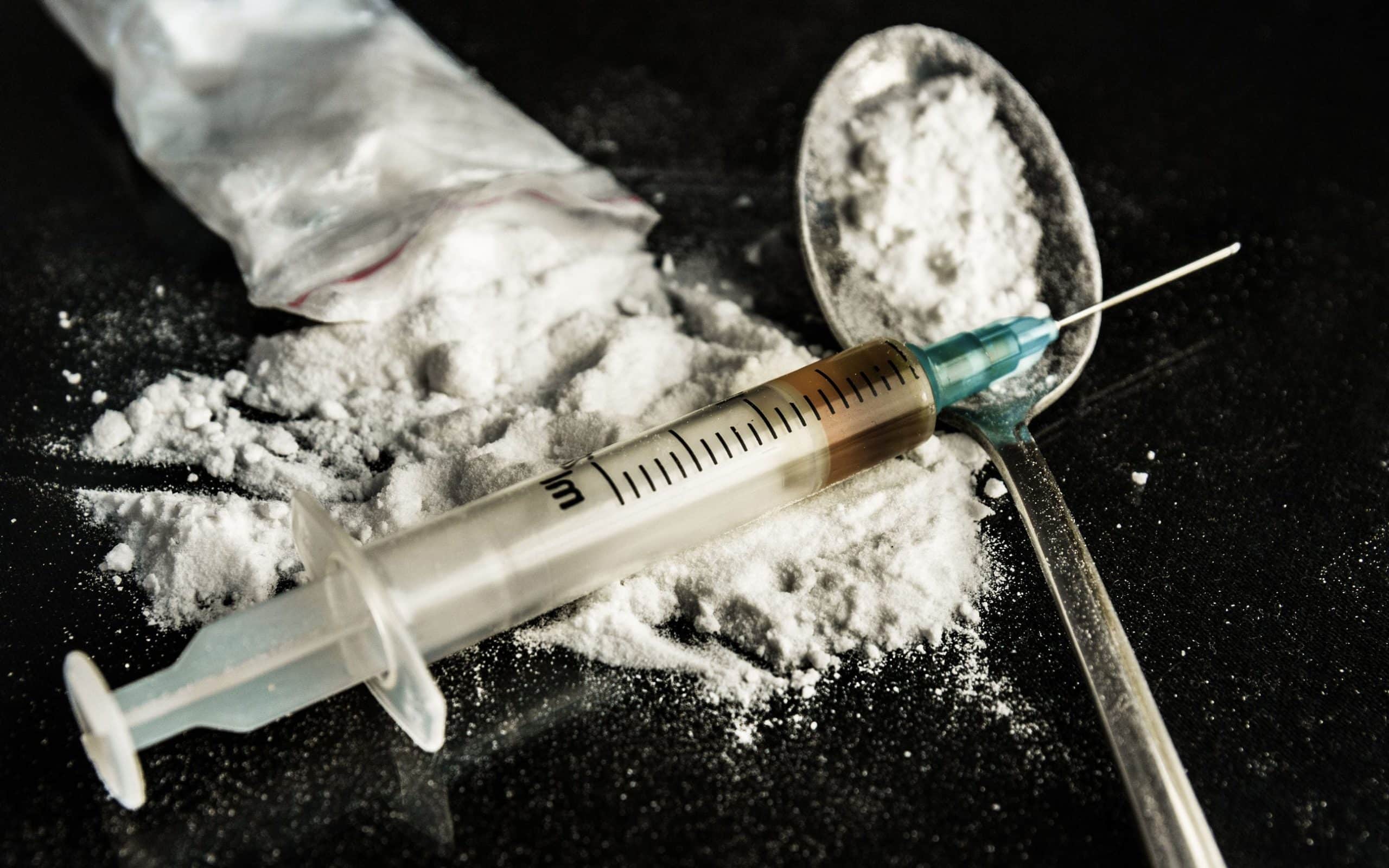- Home
- THE FIRM+
- Criminal Defense+
- CASE RESULTS
- AREAS WE SERVE+
- FAQ’s
- Blog
- Contact
AZHARI LLC BLOG

Posted By: Sami Azhari
Category:
In 2013, the governors from five states – including Illinois – met to devise a regional strategy to combat overdoses and the abuse of heroin and other opioids, deeming the situation a crisis of epidemic proportions.
Vermont Gov. Peter Shumlin led the discussion, as that state was considered the epicenter of the explosion in heroin addiction in the Northeast. However, heroin was also cited as the most common reason for admission into drug treatment programs across the state of Illinois that year. These five leaders agreed to share data on drug use, and to devise treatment agreements among their state Medicaid programs in order to “treat [the problem] like the public health crisis it is.”
This meeting was only the beginning of an ongoing cooperative of agencies set on eradicating the distribution of heroin in the state of Illinois and across the region. Addressing the actual root source of the epidemic – the distribution of the drugs – was effectively left to local law enforcement. So, these agencies teamed up, creating task forces and multijurisdictional groups.
In 2017, researchers evaluated nearly two dozen of these groups in Illinois. They and confirmed that the groups had successfully made more drug arrests, which carried more serious felony charges than their local police counterparts alone.
This multi-faceted approach to combating heroin abuse across the state is evidence of the seriousness with which drug trafficking charges are handled, and you don’t want to be caught in the middle.
If you are worried that may be under investigation, or if you have already been charged, it is in your best interest to get in touch with an experienced Chicago criminal attorney who can review your case and advise you of your rights and options.
Trafficking Defined in Illinois
Let’s take a look at what trafficking is, and the consequences you may face if you’re charged with the crime.
Illinois drug trafficking laws criminalize the knowing possession, manufacture, or delivery of certain controlled substances and their “analogs,” including opium derivatives (such as heroin).
An individual commits the crime of “controlled substance trafficking” when he or she knowingly brings or causes to be brought into Illinois a controlled substance for the purpose of manufacture or delivery, or with the intent to manufacture or deliver it within the state or to any other state or country.
In order to convict a defendant of controlled substance trafficking in the state of Illinois, prosecution must prove beyond a reasonable doubt that the defendant engaged in all three of the following:
- Brought a controlled substance into the state
- Brought the drug(s) in knowingly or intentionally
- Brought them into the state specifically for the purpose of delivery, or with the intent to deliver them elsewhere
Consequences for Trafficking Heroin in Illinois
Trafficking of heroin is charged as a felony under the Illinois Controlled Substances Act. Depending on the amount of the drug, prior offenses, and other aggravating factors, you may face high fines and long prison sentences without a skilled attorney and a sound defense strategy.
How serious are we talking about here? Prison sentences can range from one to 60+ years.
Trafficking of heroin in amounts of 15 grams or more is automatically a Class X Felony, punishable by varying prison terms dependent upon the exact weight:
- 15-99 grams: 6-30 years in prison
- 100-399 grams: 9-40 years in prison
- 400-899 grams: 12-50 years in prison
- 900+ grams: 15-60 years in prison
In addition to incarceration, you may also face fines of up to $500k.
Anything under the 15g mark is considered a Class 1 Felony and still punishable by 4-15 years in prison and up to $250k in fines.
The bottom line here is that law enforcement is playing hardball on heroin trafficking crimes, and with fatality statistics like those we’re currently experiencing here, it makes sense. If you find yourself caught in the middle, your best chance is to build the strongest defense possible.
About the Author
Sami Azhari has been working as a lawyer since 2007, after receiving his Juris Doctor from the Michigan State University College of Law. He has handled numerous state and federal cases, and is known throughout the Chicago and Rolling Meadows area for providing his clients with high-quality, skilled representation. He has been recognized by SuperLawyers, the National Trial Lawyers Association, and other notable organizations, and has spoken at a number of legal conferences.


























































